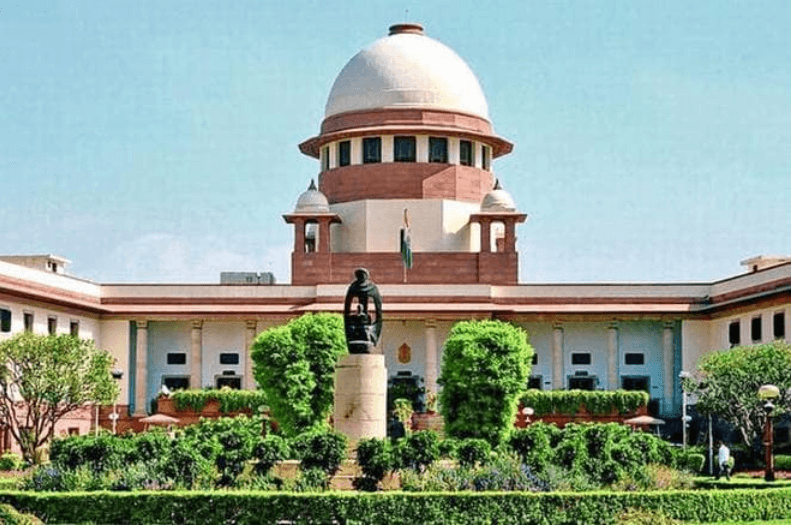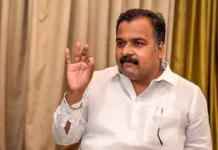NEW DELHI: The Centre has informed the Supreme Court that 17 mentally ill people, who were chained in a faith-based mental asylum in Uttar Pradesh, have been released from the ‘dargah’.
A bench of Justices A K Sikri and S Abdul Nazeer was told by Solicitor General (SG) Tushar Mehta that the authorities have taken cognizance of the matter and a team was constituted which went to the asylum in Budaun district of Uttar Pradesh.
“It is not a mental asylum. It appears to be a ‘dargah’. There seems to be a belief that persons who are possessed can be cured by keeping them there. Persons are chained there so that they do not run away. There were 17 chained persons and they all have been released and are now with their families,” he told the bench.
The top court was hearing a public interest litigation (PIL) filed by advocate Gaurav Kumar Bansal who has said that persons with mental illness were chained in a faith-based mental asylum in Budaun in violation of the provisions of the Mental Health Care Act 2017.
During the hearing, Mehta said authorities have asked a woman, who claims that she could cure such patients, not to do such activities and a hoarding has also been put there that no such type of curing takes place.
He said family members of such patients had themselves brought them to that place.
“It is not the people taken there, but the people who take them there are mentally ill,” the bench observed and asked, “Is such practice prevalent across the country? To this, Mehta responded, “Yes, all over the country and across religion.”
The bench said even if a person was suffering from mental illness, there was a process to cure them. “All of us are temporary abled. Nobody knows what will happen tomorrow,” Justice Sikri observed.
In a lighter vein, the SG said in America, it is believed that every fourth person is under some psychiatric help.
The court issued notices to all the states and UTs seeking their replies on the plea which has said that chaining a person suffering from mental illness was a blatant violation of a provision of the 2017 Act, which says that every such person will not only have a right to live with dignity but he or she will be protected from cruel, inhuman and degrading treatment. PTI







